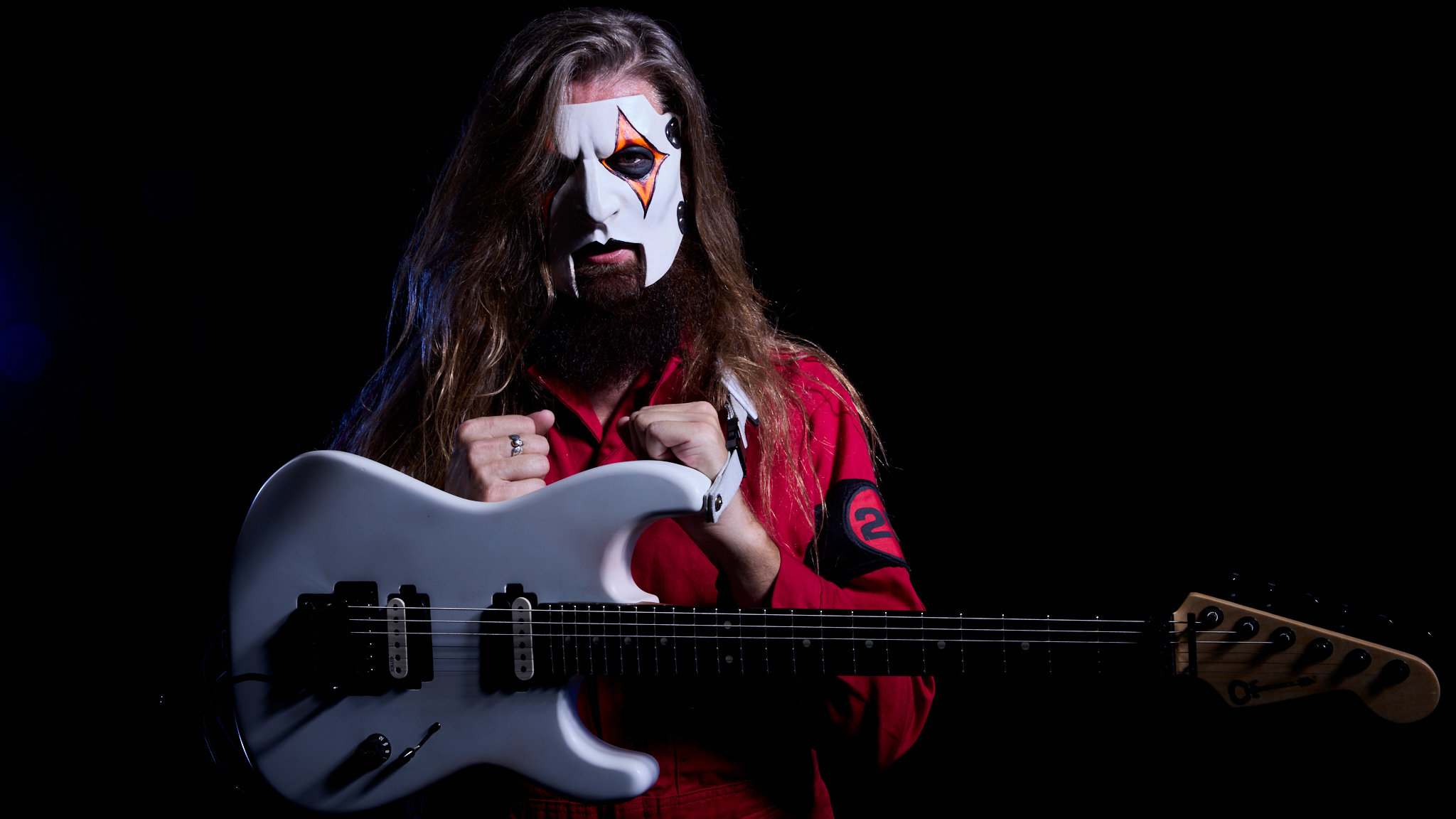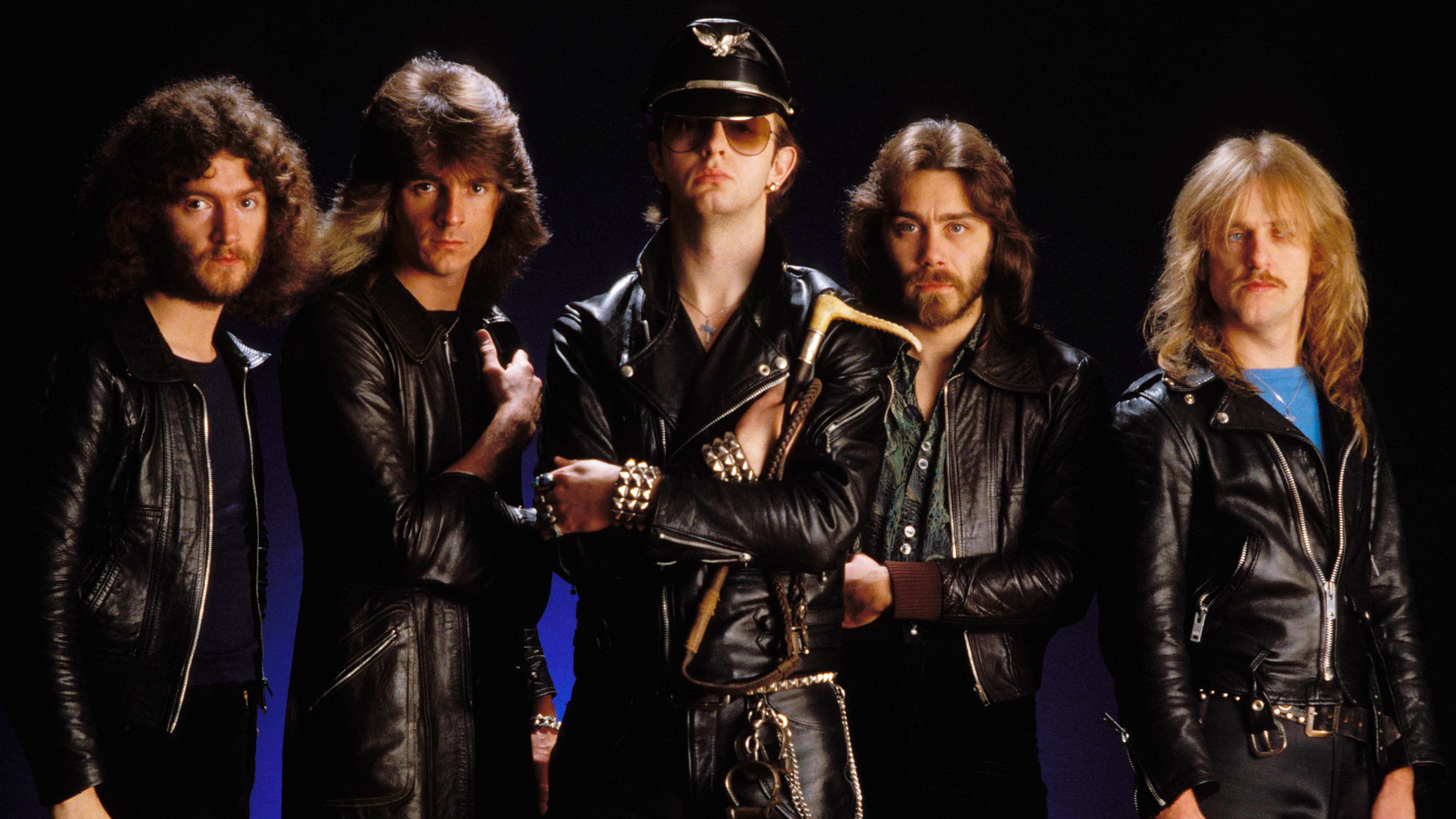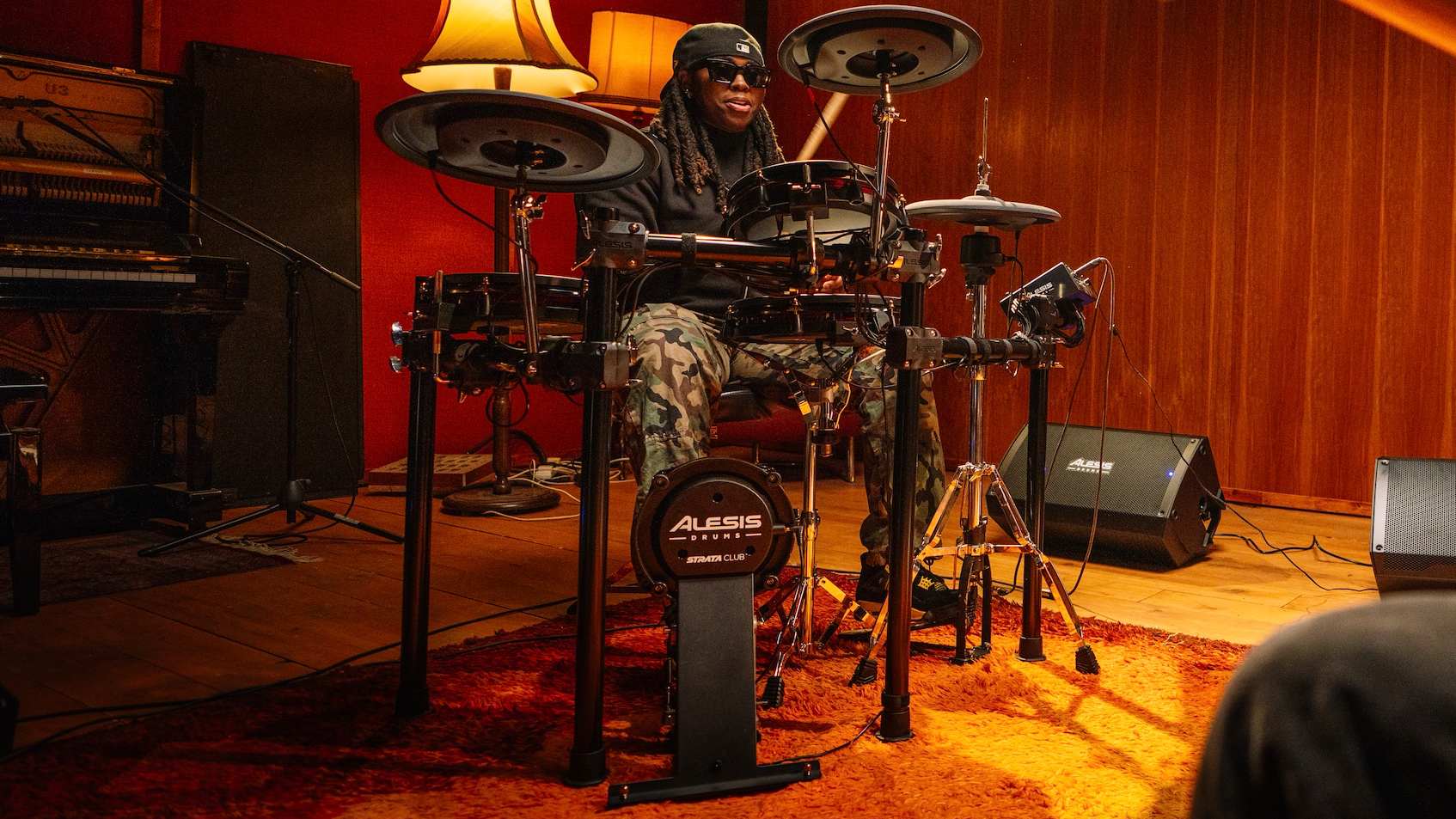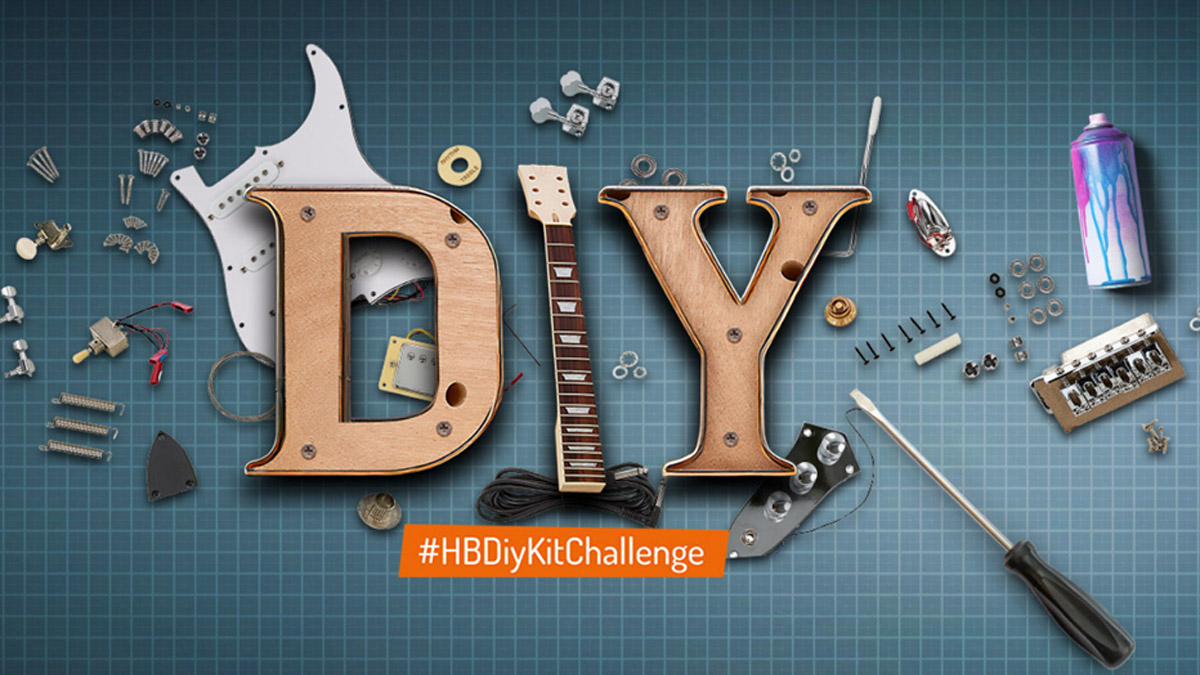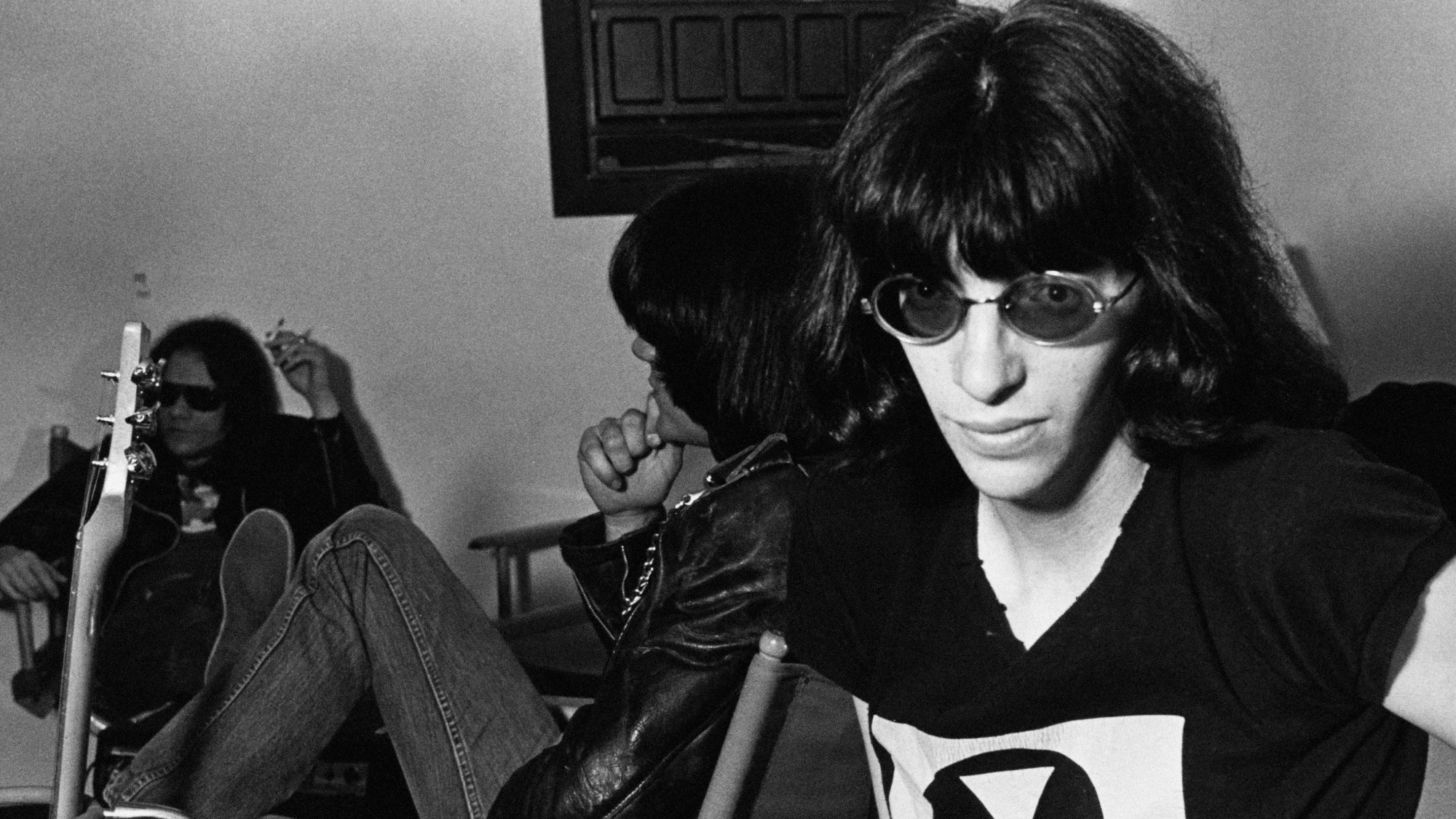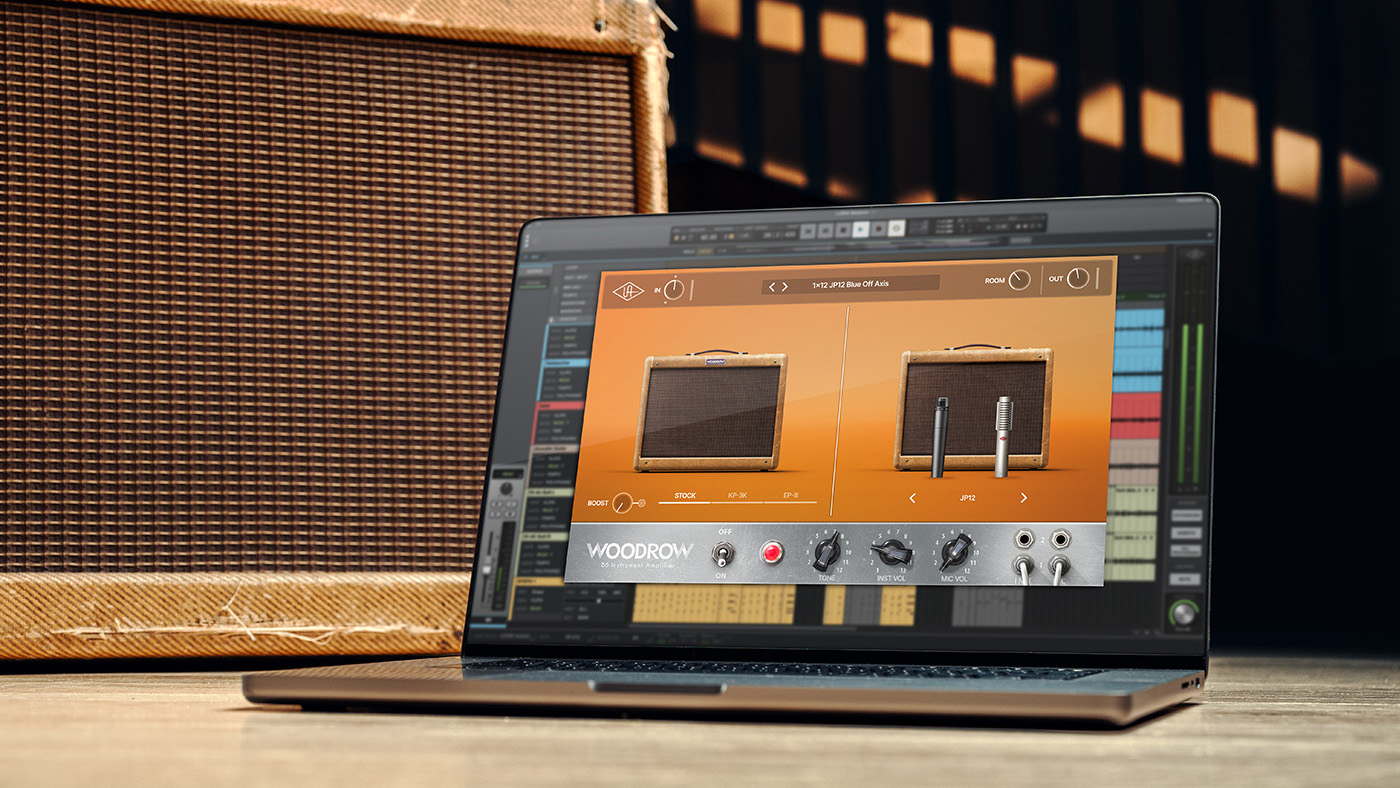Snow Owl: “This is the magic of what Hans Zimmer does. He told us, ‘Don’t play the notes on the score - do more!’”
We talk to Juan García-Herreros, Hans Zimmer collaborator and orchestral electric bassist
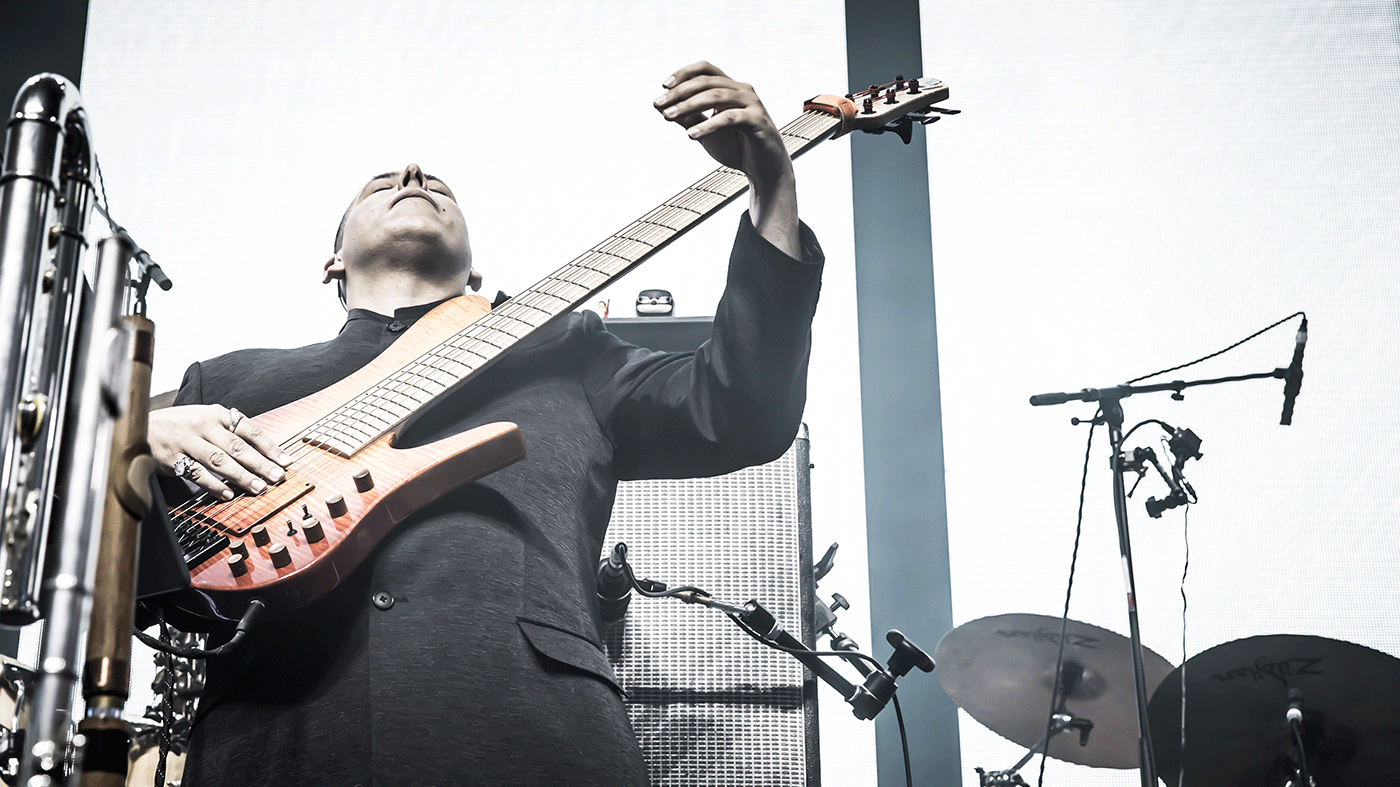
Asked personally by mega-composer Hans Zimmer to take part in his touring symphonic experience, Juan ‘Snow Owl’ García-Herreros is taking Europe by storm.
“When I first started playing this instrument, my guidance counsellor in high school said to me, ‘Why are you going to pursue electric bass? You can’t even play in an orchestra with it,” reminisces Juan García-Herreros, aka Snow Owl - and all those years ago, those words might have had some truth to them. But today, García-Herreros has proved such naysayers very wrong.
Hans saw the video of my Inception performance on Facebook, which is why he asked me to be a part of the band for the orchestra
After putting blood, sweat and tears into his passion, García-Herreros’s extraordinary electric bass chops were precisely the reason why he has been hand-picked by Hollywood composer Hans Zimmer for a role in a particularly special project.
The World Of Hans Zimmer: A Symphonic Celebration is an absolute must-see for any film or music buff, an international concert tour that will leave you speechless - if you’re lucky enough to nab yourself a ticket that is. Zimmer’s orchestra, anchored by García-Herreros, thrust you into the worlds of Gladiator, The Lion King and Pirates Of The Caribbean like never before.
We’re in Geneva, Switzerland tonight, and after a personal tour of the orchestra, spirits are high all round as the Colombian bassist prepares to take the stage to a sold -out SEG Arena. With only minutes to unpack a lifetime’s worth of bass, we manage to sit and chat backstage with the Owl himself before he has to dash off and wow the socks off another audience. How did he end up playing for Zimmer, we ask?
“I’ve loved his music my whole life,” says our man, “and it’s an amazing blessing - because it happened by itself. I’m part of an amazing concert series in Austria, where I live, called Hollywood In Vienna. One year we did Hans’s music from the film Inception - and, if I’m correct, he saw the video of my performance on Facebook, which is why he asked me to be a part of the band for the orchestra. It’s an honour that he hand-picked me.”
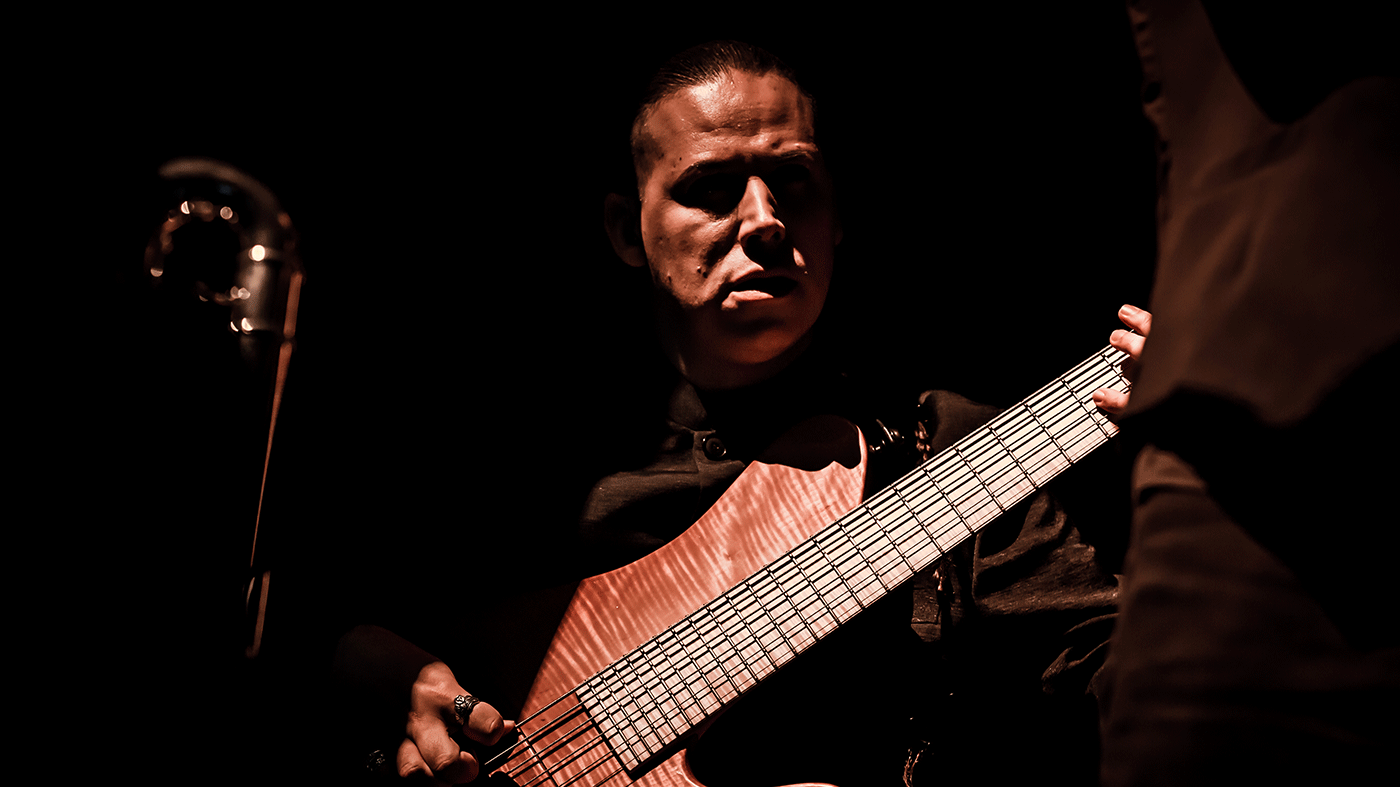
Zimmer frame
If you’re familiar with the films for which Zimmer has composed, you’ll already know that the German-born composer makes no secret of his love for the low frequencies. By incorporating the lowest sonic depths into his scores, his sound has become a benchmark for contemporary film orchestration in the surround-sound era. At the centre of all this is the bass, as García-Herreros explains.
Get the MusicRadar Newsletter
Want all the hottest music and gear news, reviews, deals, features and more, direct to your inbox? Sign up here.
“Hans has an unbelievable love for bass clef instruments. There isn’t a score that he hasn’t put electric bass players on to support his sound. He respects the spectrum of the sub-contra range. He’s always using that and you end up having that ‘warmth of a mother’ effect, where you feel that you’re inside, floating in space. He’s the master of that, so his style fits perfectly for contra-bass. He’s shown that bass players have the ability to do this these days, challenging whatever norms we’ve always lived with.”
Hans trusts his musicians, because he’s a musician’s musician himself
“This is the magic of what Hans does,” he continues. “He knows what you can do as a musician and he lets you be that person. He wants me, as Snow Owl, to be myself. He even told us, ‘Don’t play the notes on the score - do more!’ He trusts his musicians, because he’s a musician’s musician himself. I didn’t have to change who I am, and I’m learning more about who I am because of this.
“I may be playing less in these concerts than what some people expect of me from seeing my own shows. I remember a Snow Owl fan saw the concert in Berlin and said to me, ‘Where was the bass solo?’ And I said to him, ‘Listen - the entire concert is a bass solo!’”
The stakes are great on this project. With a full orchestra and thousands of listeners watching him, how does García-Herreros deal with the magnitude of it all?
“The responsibility is one that I take with great honour and pride,” he replies. “Bass players have huge responsibility when it comes to keeping time and rhythm, and that’s especially true with my role playing this music - I have to drive it a lot. Me and the percussion have to march so closely in time for the string players, or else it can all fall apart.
“If you pay attention to the level of dynamics, and listen to the rhythms that I have to play constantly, I cannot fail one eighth note. I cannot! And that’s a level of pressure that very few musicians can handle - but this is a responsibility that I am happy to take on. It’s an honour to do it.”

Orchestral bass
The bass guitar isn’t the first instrument which most people think of when picturing orchestras. Why has it taken so long to find a place in the big ensembles, we ask?
“First of all, bass technology is good enough that we can finally hear it,” laughs García-Herreros. “But if you look at Mozart, and even before him to Bach, they were already using the first acoustic basses - three-string instruments which had an extension to the low D or the low C. We’ve been experimenting with basses for hundreds of years.”
In Gladiator, there’s a section that’s only double basses and cellos
He continues: “If you look at the classical composers, they would always write their contrabass section as a double, so that you would always hear the lower notes properly. They would always have one guy playing pizzicato on the same line the others were bowing, just to punch out the notes. So, now we’re doing that with the electric bass here.
“You’ll hear it in Gladiator, there’s a section that’s only double basses and cellos - and the whole time I’m doing the physical attack so that their bowing has a push. Because it’s being amplified through the speakers, you’re feeling it inside of your body in ways that were not possible before. The age of the electric bass in the orchestra has truly arrived.”
On the subject of technology, finding the right balance of tone, texture and volume in this environment is imperative. With his Neubauer six-string signature Phoenix model by his side, along with Aguilar DB 2x12” and 1x15” cabinets and a DNA 1350 bass head, García-Herreros could easily overpower the orchestra and do some serious damage to the overall sound. How does he overcome this obstacle, we wonder?
“I compose for orchestra as well, which helps me out a lot,” he says. “If you know your dynamics, such as what mezzopiano or mezzoforte means, you’ll respect those intentions and you’ll never step over somebody else.
“My advice would be to never let your ego overlap other people’s parts - unless you’re a soloist. It’s about a collective voice, not a band of five, you know? I’m on stage with 70 other people and because they’re so generous with my volume, I have to be generous with theirs. You have to leave your ego outside. There’s no way you’re going to get through this unless you’re a team player.”
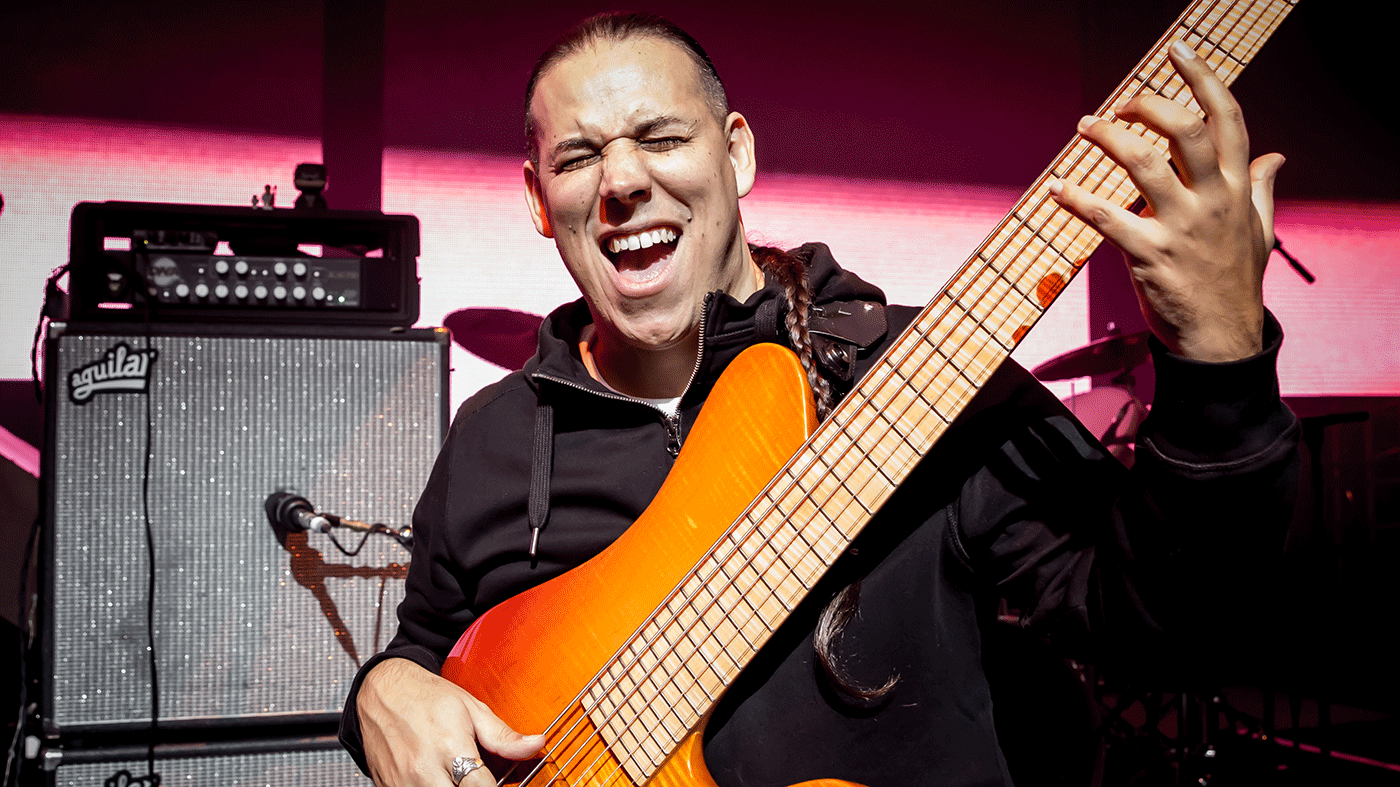
“The key is flexibility,” he adds. “In this project, you have to be flexible. Know your tones, and be very careful with your mids, because there are so many orchestral instruments that use those frequencies. I keep all my amp settings flat so you can hear the whole contrabass section. I’ve programmed all the other settings on my EQ pedal, which is a Focusrite iTrack Dock with an iPad, with the sound guys - so wherever I’m at, I have my sound and I can reproduce it whenever I want.”
A self-professed film and comic book enthusiast, García-Herreros understands what this music means to fans all over the world. One particular piece tugs especially hard at his heartstrings.
“I’ve been a Batman fanatic all my life,” he muses. “Playing The Dark Knight gets me every time, because I’m such a huge fan. Every time we perform that piece I’m close to tears. I love that character so much because like him, I fought my whole life to be where I am now. After all that hard work, you see yourself in these characters who fight for your dreams - and then, when you’re actually living that dream, nothing can compare to that.”




